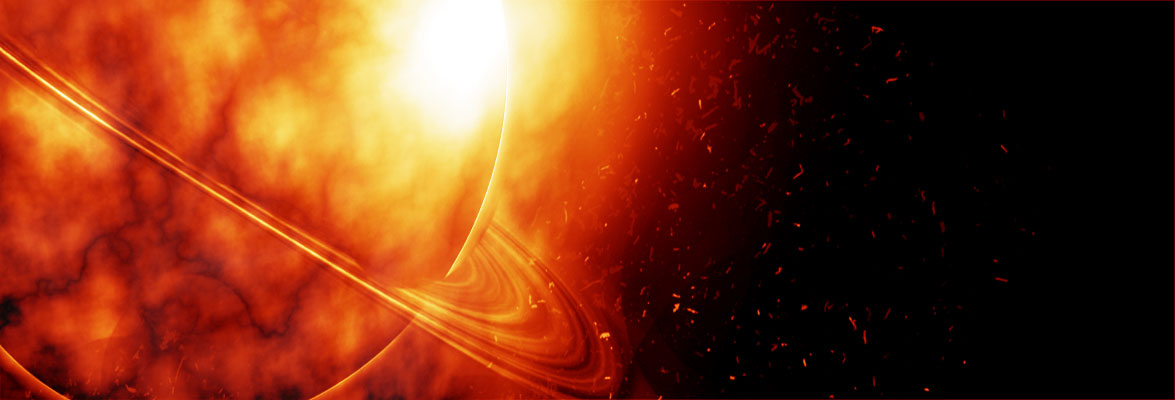I don’t think I ever thought I’d become a scientist until late in high school. Besides my brief interest in being a marine biologist, I really did think I would get into creative writing or teaching in other disciplines. I remember in eighth grade we were supposed to do a research project to learn about how some kind of technology worked. I chose the vacuum cleaner, became instantly overwhelmed by the information I tried to read, and somehow convinced my teacher I couldn’t complete the assignment because my mom was sick or something (it wasn’t true). Later that year we had a science fair and I somehow managed to get out of that too – I was not at all into science.
In high school I skipped the usual freshman physical science classes and ended up in biology. It was fine, and I somewhat enjoyed dissecting owl pellets, but I hated how much memorization there was. Sophomore year I took chemistry, and I enjoyed it enough to sign up for a second year of it with AP chemistry. I don’t remember much about the class, except that I had an old Greek teacher who saw a lot of potential in me and got really mad at me for choosing spending time with friends over attending a chemistry conference. I think I mostly enjoyed that I was kind of good at chemistry, whereas I had been struggling in many of my other courses. My chemistry teacher from the previous year managed to get me an “independent study” cleaning out the chemical storage space – I had the chance to learn about what was in that space and how to store it. Definitely not OSHA approved!
Senior year I finally took physics. I really had no idea what physics was at that time. My parents are not at all science oriented, and since my grandfather had passed away I didn’t have anyone to ask about these things. I instantly loved physics because of the application of math (which I had always done well at) to understanding the physical world. At the time, I naively thought of physics as a way to understand the way the entire universe works. Again though, as much as I actually was starting to enjoy the subject, I also enjoyed being good at something. I studied on my own to take the physics AP exams; I remember for the final exam in that class I was the only student who even completed all of the questions on that exam (and I only got one wrong).
The fact that I wasn’t driven by some very long-lived desire to pursue a career in the sciences left me with a lot of self-doubt later in my academic career. It also, at times, made it more difficult for me to be self-motivated, or to understand how to study and learn since the intro physics content had come so easily to me. This is a challenge I often see with our students at OU – they have a relatively easy time in high school, and then when they get to college they don’t know how to study or struggle to learn something. Just the other day I overheard a student (during the third week of school) saying that she had “broken down and bought access to Chegg”. Don’t worry, she wasn’t a physics major! But this is an issue that we need to face head-on: how to teach our students to be okay with challenge and struggle.



Comments are closed, but trackbacks and pingbacks are open.